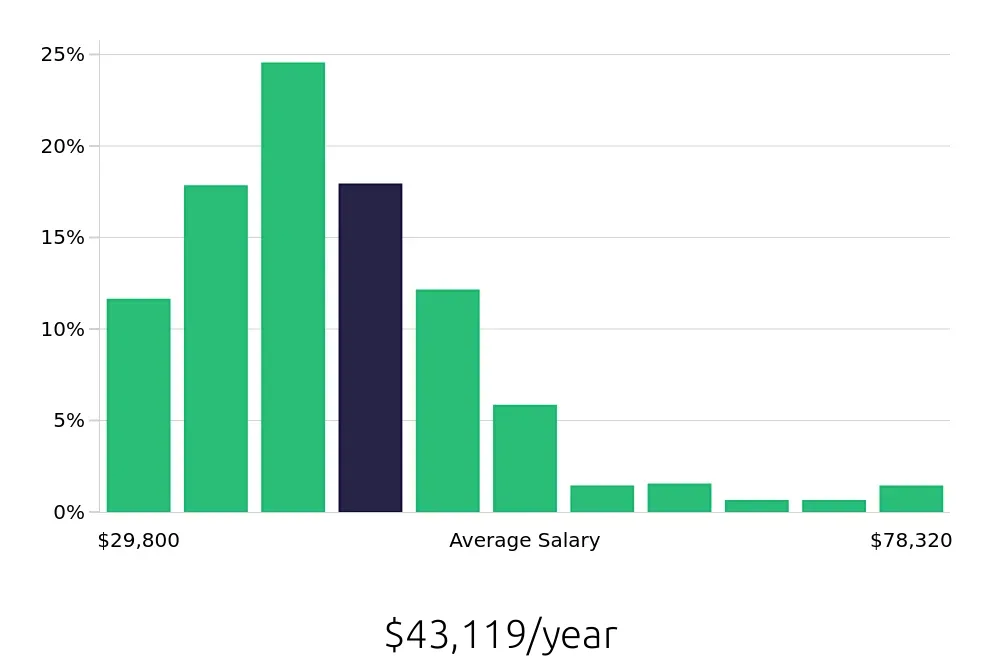Position
Overview
A Verification Specialist plays a critical role in ensuring data accuracy and integrity. This role involves reviewing and confirming information to prevent errors. Specialists check documents, verify facts, and ensure compliance with regulations. They maintain records, update databases, and report discrepancies. Their work helps organizations make informed decisions based on reliable data.
To excel in this position, a Verification Specialist must have keen attention to detail. They analyze documents, compare data sets, and identify inconsistencies. Specialists often work with sensitive information, so they must maintain confidentiality and follow strict protocols. This role requires strong communication skills to collaborate with team members and stakeholders. Effective time management and organizational skills are essential to handle multiple tasks and meet deadlines. Verification Specialists contribute to the overall efficiency and reliability of an organization's operations.
Becoming a Verification Specialist involves a clear process and the right skills. This role checks facts and figures, ensuring accuracy in information. It is a detail-oriented job that requires a precise approach. Companies in various fields, including finance and healthcare, need these specialists to maintain the quality of their data.
The steps to become a Verification Specialist are simple and straightforward. Each step builds on the last, preparing the candidate for success in this important job.
Pursuing a role as a Verification Specialist offers a clear path to a rewarding career. This position often requires specialized training and education. Most professionals in this field complete their training in about one to two years. This time frame can vary based on the level of education and experience.
Individuals can take several routes to gain the necessary skills. Options include:
We are seeking a meticulous and detail-oriented Verification Specialist to join our team. The ideal candidate will be responsible for ensuring the accuracy and integrity of our data and transactions. This role involves conducting thorough verification processes to maintain the highest standards of compliance and reliability.
Responsibilities:
Qualifications
A Verification Specialist checks facts and details to make sure everything is correct. This job involves examining documents, reviewing data, and ensuring accuracy. They often work in fields like finance, insurance, or healthcare. This role requires strong attention to detail and good analytical skills.
Verification Specialists often find this job rewarding. They play a crucial role in maintaining data integrity and ensuring that organizations operate smoothly. However, it is important to consider both the pros and cons before pursuing this career.
The role of a Verification Specialist is experiencing positive growth in the job market. On average, about 79,300 positions are available each year, as reported by the Bureau of Labor Statistics (BLS). This indicates a stable demand for professionals in this field. Job seekers can find ample opportunities in this career.
Looking ahead, the job outlook for Verification Specialists is promising. From 2022 to 2032, the BLS forecasts a 6.7% increase in job openings. This growth rate suggests a rising need for professionals who can verify data, documents, and transactions accurately. Job seekers interested in this role can expect a growing number of positions.
Verification Specialists also enjoy competitive compensation. The average annual salary stands at $49,810, according to BLS data. This amounts to about $23.95 per hour. These figures highlight the potential for a rewarding career in this field. Job seekers will find this role both stable and financially rewarding.
